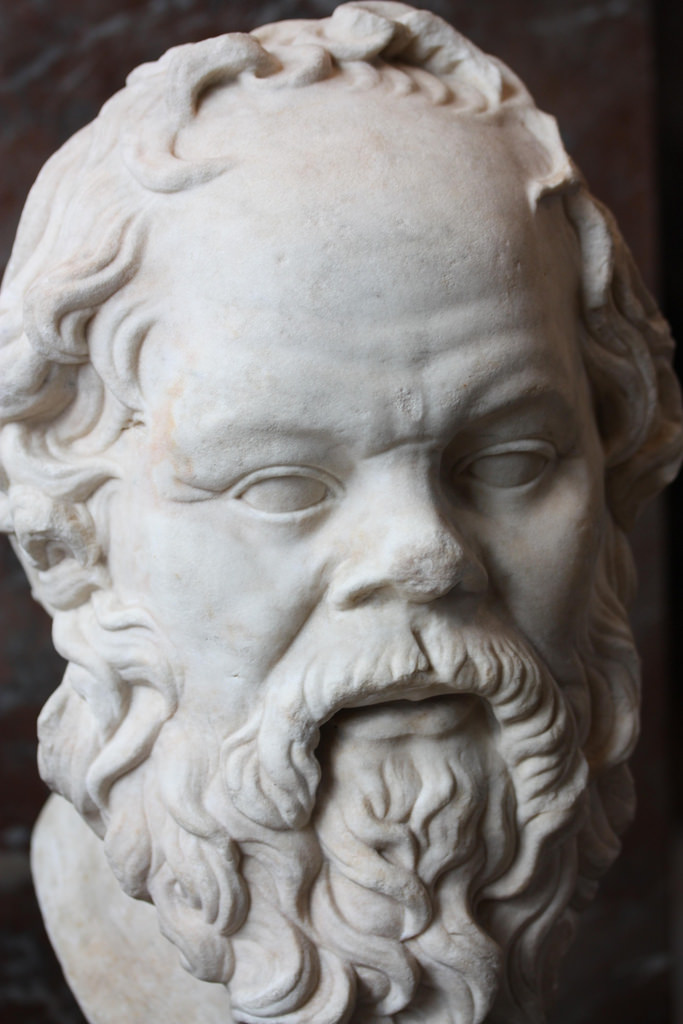I’m just going to write with the assumption that you likely have read Plato’s works, and know what Plato says are Socrates’ words.
So Socrates believed that the ultimate good was virtue – here defined as moral excellence. A virtuous person is one whose character is made up of those moral qualities that we accept as virtue. Aristotle would later go on to say that people need a moral exemplar to show them how to live. This person, like Socrates suggest, would embody those virtues that a given society accepts as virtues.
But the whole point was that these virtues weren’t the ends of themselves. Socrates believed that the way to true happiness was to live according to these virtues. Examples of those virtues, or ethical characteristics, could be things like courage, justice, prudence, temperance, etc…
But at the end of the day, “virtue” isn’t the goal. Virtue is a place holder for a list of ethical characteristics that tells us a person is moral. And even then, the point is that when a person lives by and exhibits those virtues, then he is happy.
It’s a “if this, then that” scenario, and if that is the case… then the goal isn’t virtue. How is that the ultimate good?
Instead, wouldn’t it be the ultimate path?
And if the ultimate good is happiness, doesn’t that make Socrates a Hedonist at worst, or an Epicurean at best?
Given the nature of Socrates’ means for happiness, I think we can drop hedonism as the explanation. So we are left with epicureanism?
What do you think?




